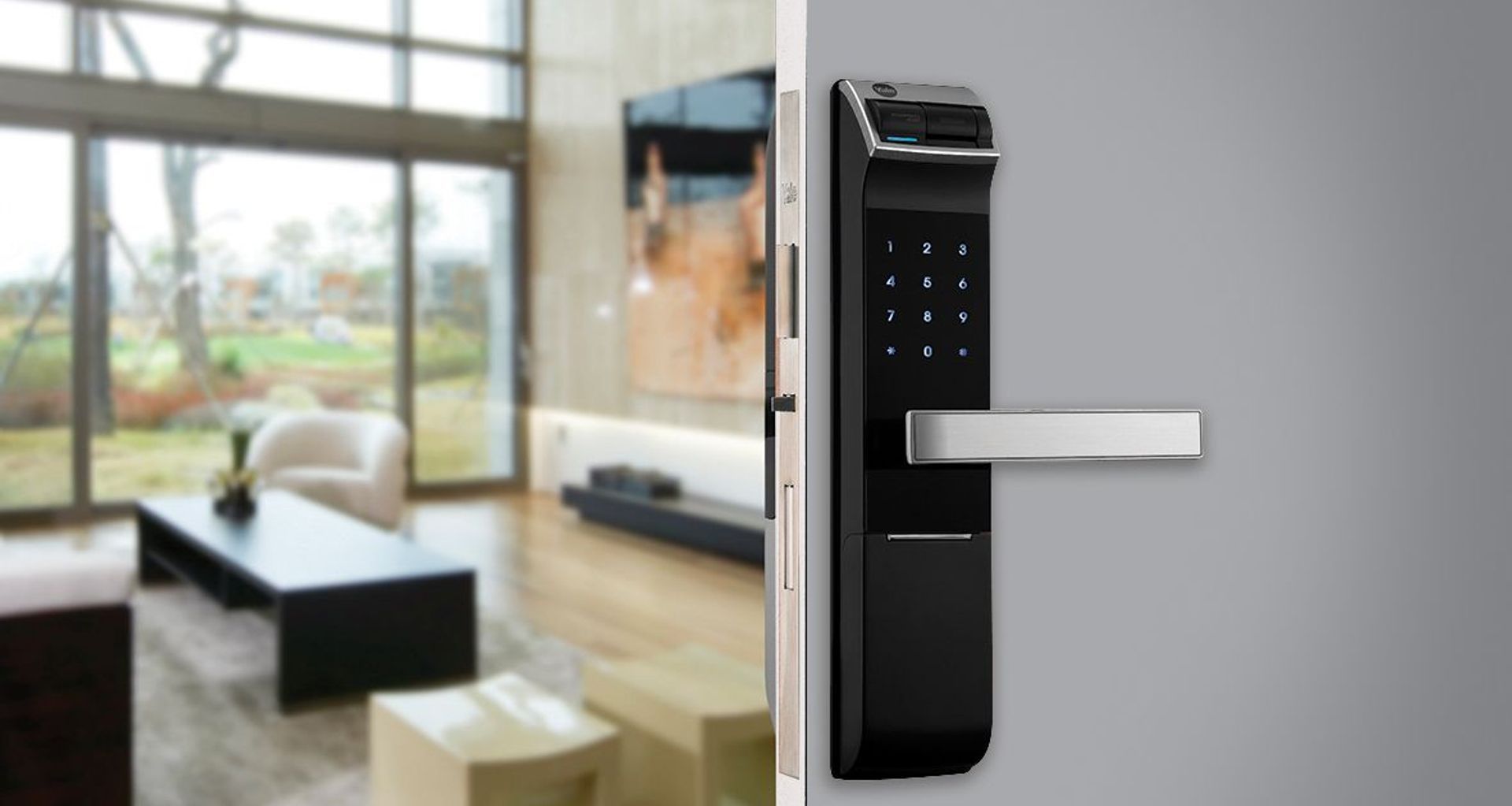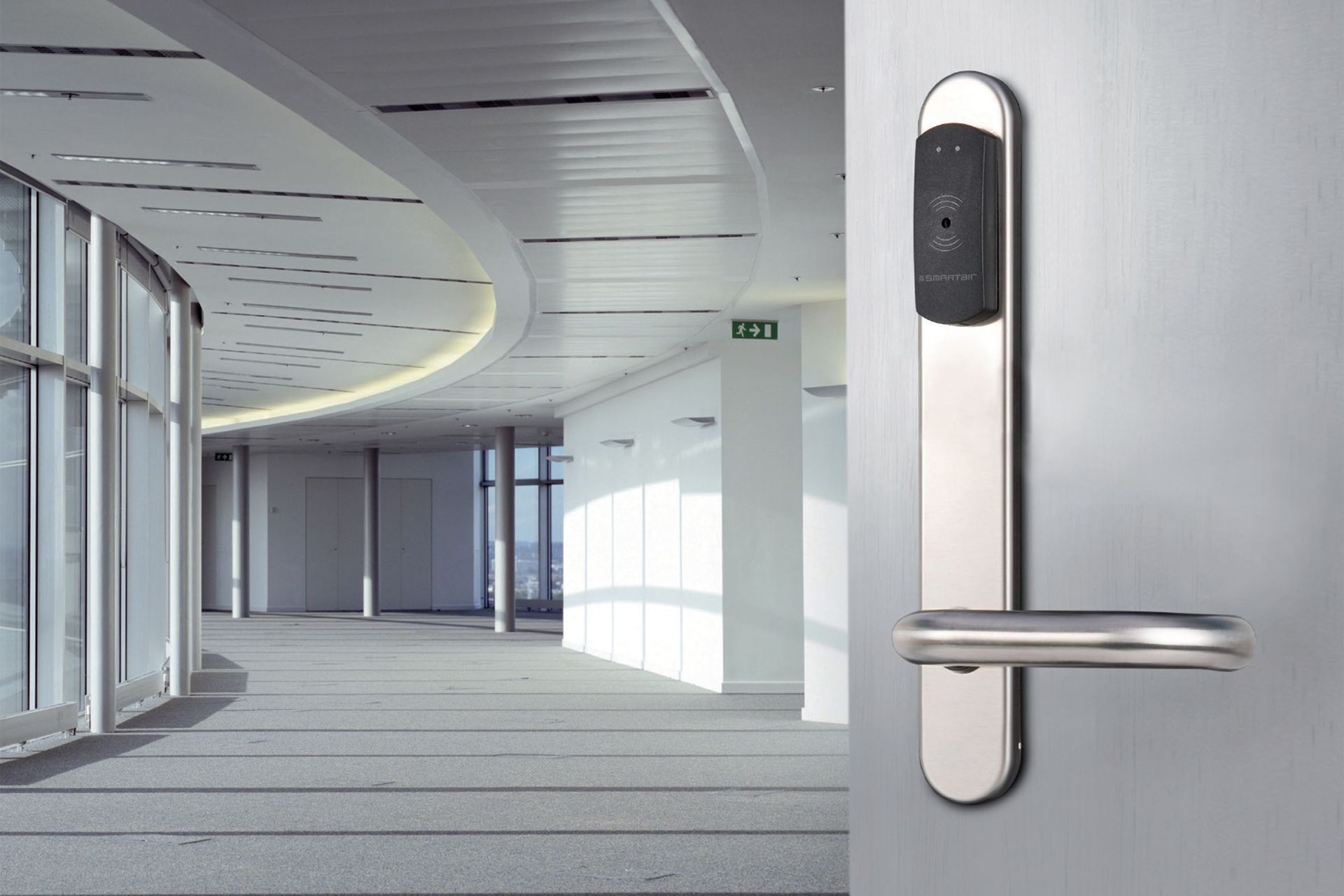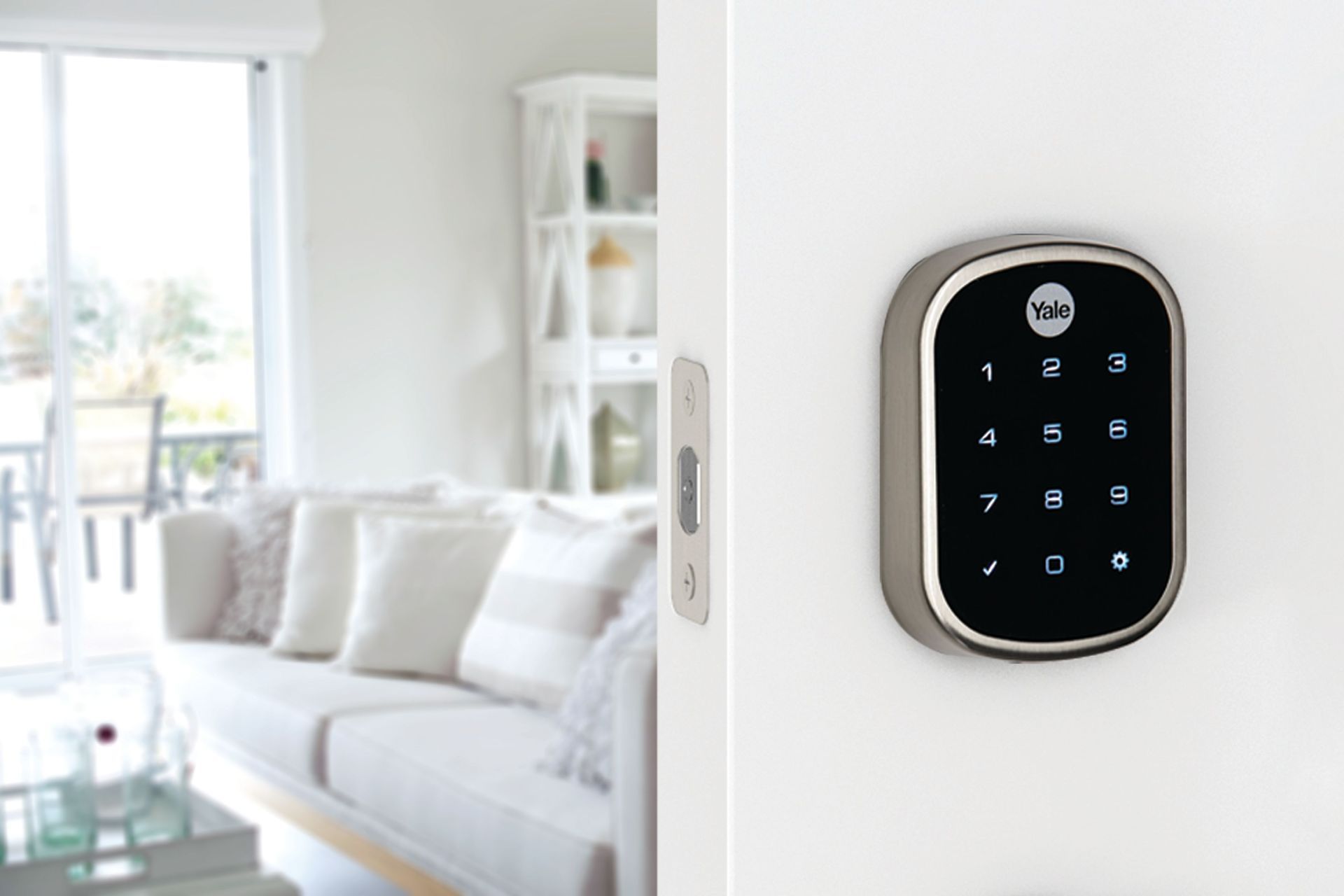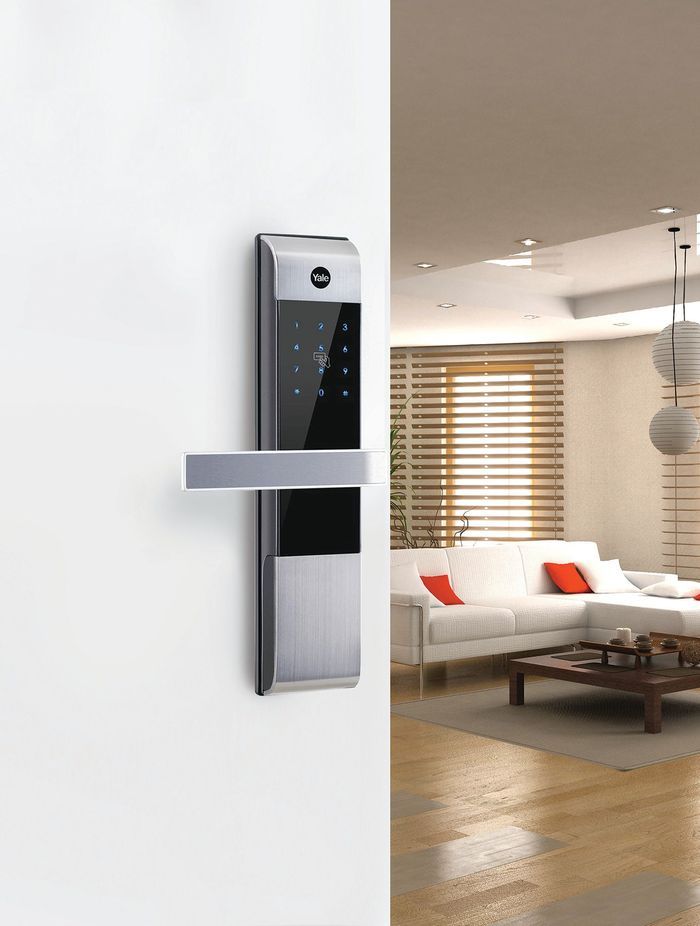New trend in door locks takes New Zealand by storm
Written by
06 December 2018
•
4 min read

Until now, setting up a connected home, with the huge range of ‘smart’ devices on offer, has been a fragmented proposition. The incompatibility of using different protocols and apps to run a connected home eco-system has made it difficult and confusing to set up and control the various smart devices in a home.
But in the last year, the market for connected home ecosystems has been made simpler with three key players, Apple, Google and Amazon, expanding their offering substantially in the connected home space.
It means creating a smart eco-system within a home is now incredibly simple; by simply choosing a single ecosystem – whether that’s Apple HomeKit, Control4, Z-Wave, or ZigBee –you can now have all of your devices speak to each other and control everything in your home remotely from your smartphone.
For locking systems, it means those simple digital door locks popular since 2011 are now a thing of the past, says ASSA ABLOY’s Frank Morris.
He says it’s predicted that in four years’ time 40 per cent of all New Zealand households will have a built in home automation system, including a connected home locking device.
“Locking systems will not only be smart – whether it’s a lock, an alarm system, a video doorbell or a camera – they’ll all be connected in an eco-system.”
That’s because the younger generation have an expectation that technology should enhance their lives in an “immediate” way, says Frank, and that, along with the prevalence of keyless entry to vehicles, has allowed the development of technology to increase at a rapid rate.
Having a digital-door lock integrated into a home eco-system is now a very simple proposition. It’s simply a matter of choosing a compatible radio-controlled module and installing it in your Yale digital door lock, says Frank. Ideally, “you really only want to go with one eco-system.”
Yale smart door locks are a digital key pad lock with a selected radio controlled module that can link into a connected home. Consumers can download the Yale Secure app to manage all the lock functions remotely, or simply speak to Siri and operate the lock through voice command.
The benefits of the simplicity of connectivity means various pain points for securing homes have been removed.
The convenience of going keyless is only one of the benefits. Others include the ability to share ‘keys’ via email or text message, know the status of your door, lock and unlock remotely, set a time-controlled access period, open the lock with just your phone and having no locks available to pick.
You can also integrate them into your alarm system, so that if you set your alarm, your door will lock automatically.
In the commercial space, there’s also been an increased awareness in automated locking systems and they’re very popular in medical facilities such as hospitals, and in museums and hotels.
“They are the next level up not just in security but in software and hardware as well,” says Frank.
CLIQ, SMARTair and ABLOY are the locking systems ASSA ABLOY use in the commercial space. Frank says telecommunication, electricity companies, hospitals and museums are getting involved with smart locking systems too.
The technology is really now at a level where everyone can get on board with automation, whether in a domestic or work setting.
“The increase in new digital products is incredible – we have new products coming out every quarter – a few years ago you’d see one new product a year!” says Frank.
Want to know more about Yale digital locks? Be sure to visit ASSA ABLOY on ArchiPro today or visit their website to find out more.


